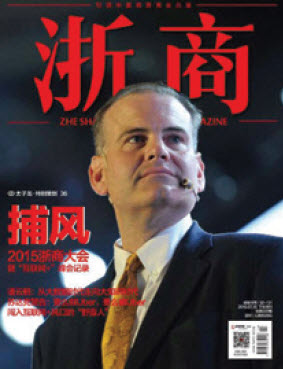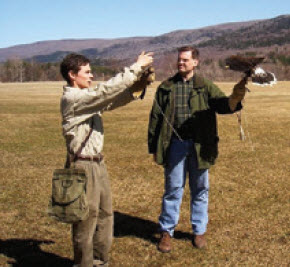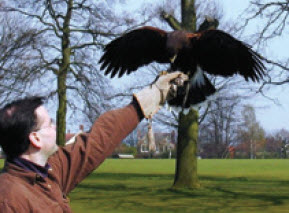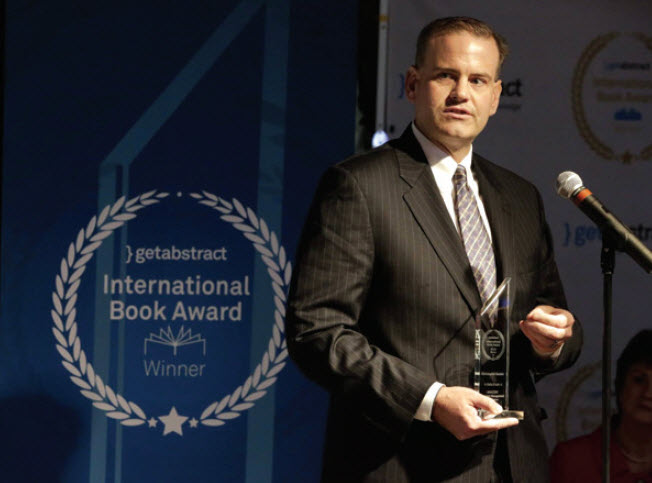From Rocket Man to Bird Man: The Worlds of Christopher Surdak
Mr. Surdak holds a Juris Doctor from Taft University, an Executive Masters in Technology Management and a Moore Fellowship from the Wharton School of Business at the University of Pennsylvania, a Master’s Certificate in Information Security from Villanova University and a BS in Mechanical Engineering from Pennsylvania State University. He is the author of several books, including, The Care and Feeding of BOTS, which is a guide to the use of artificial Intelligence, Machine Learning and Robotics in the business world; Jerk: The Digital Transformation Cookbook, which explains the “Disruptor’s Formula” used by companies like Uber, Airbnb, Netflix and Simple Bank; and Data Crush: How the Information Tidal Wave is Driving New Business Opportunities, published by AMACOM Publishing, recipient of GetAbstract’s International Business Book of the Year, 2014.
Chris has been named, TechBeacon’s 14 Data Scientists You Should Follow on Twitter, 2019; Top 50 Data Science Influencers for 2018 by Cognilytica; Top 20 Big Data Influencers for 2016 and 2019 by Springboard.com; Information Governance Initiative’s Evangelist of the Year for 2015 and a number of other distinctions. He is also contributing editor and columnist for European Business Review, European Financial Review, China Business Review and HP Matter magazines. He provides talks, guidance and advice to global leaders on a range of technology, policy and business topics, including over 500 public speaking engagements in the last 5 years. We caught up with Chris at his home outside Los Angeles.
IGW: Where did you grow up, go to school?
CS: I grew up in Big Flats, NY, a small town in upstate with about 5,000 residents. I went to Horseheads High school, then went to Penn State to study mechanical engineering. After graduating, I went to work for Lockheed Martin Astrospace as a satellite systems engineer. Two years later I went to UPenn for their executive masters in technology management program, and was their youngest-ever graduate. Later, I earned a master’s certificate in cyber security from Villanova and then my JD from Taft Law School.
What are some of your fondest childhood memories?
Boy scouts. Winter survival camping and summer camp. Hiking and canoeing in the Adirondacks. Playing in the woods with my dog.
How and why did you make the transition from mechanical engineering to cybersecurity? Do you still stay on top of the cybersec space?
Accidentally. I was working in collaboration and content management, which led to eDiscovery and Compliance, which led to Cyber Security.
What sparked your interest in the Law? And why did you want to pursue a law degree later in your career?
Working on customer analytics, predictive analytics and behavioral analytics, and compliance, scared me so much that I went to get my law degree so I could hope to make sense of regulatory implications of Amazon, Google, Apple and Facebook.
What sparked your interest in robotic process automation (RPA) and Intelligent Automation? How do you think you can make a difference in that space?
Again, it was completely accidental! A colleague of mine who knew of my interest in digital transformation invited me to speak at a Wall Street event for “Robotics in Financial Services.” I had  no idea of what RPA was, but I said, “Sure, I’ll come along.” In 5 minutes, I realized it was all just process engineering and I was totally comfortable in the discussion.
no idea of what RPA was, but I said, “Sure, I’ll come along.” In 5 minutes, I realized it was all just process engineering and I was totally comfortable in the discussion.
What trends do you see emerging in RPA?
Success, for a change. Realistic expectations will begin to merge with actual, hands-on experience and some engineering rigor and finally the stuff will start to work. According to Gartner, 5% of companies succeed with RPA at scale. That means it is possible, it is just way, way harder than people have been told.
How is RPA going to transform work in the next 5-10 years? Are there any downsides to it?
Processes will collapse. We may use the same old, tired, inefficient rules and processes, but they’ll happen way faster. Companies’ information metabolisms will speed up dramatically, which will force them to go through a new wave of reengineering, which is long overdue. Our workforce will be cybernetic: part human part machine, with each worker contributing to their best abilities. Knowledge workers who perform transactional tasks will be eliminated in vast numbers, and will need to up-skill themselves in order to remain relevant, and employed. By 2025, bots will blend into our work and we won’t even notice they’re there. Companies who haven’t figured RPA out in the next 2-3 years will be at a substantial structural disadvantage, not only from a cost perspective but from a recruiting perspective. Finding people willing to do “bot work” will become increasingly difficult.
What is the biggest mistake companies make in evaluating and implementing RPA solutions?
Believing the hype. They’re believing that they can buy a bot for $10,000 and it will take two days to deploy, run forever without any support, never fail, and never need changes. People have been sold these “unicorn” bots, but they’re not unicorns, they’re flying zebra unicorns… They simply don’t exist.
Who is your favorite author and favorite book, and why?
Cosmos, by Carl Sagan. He was the first author of the modern era to make science seem cool.

What hobby or special skill do you have that might surprise your colleagues?
I have a life-long passion for falconry, which is the training of wild raptors to hunt for you. It’s humanity’s oldest sport.[/glossary_exclude]

recent posts
You may already have a formal Data Governance program in […]

